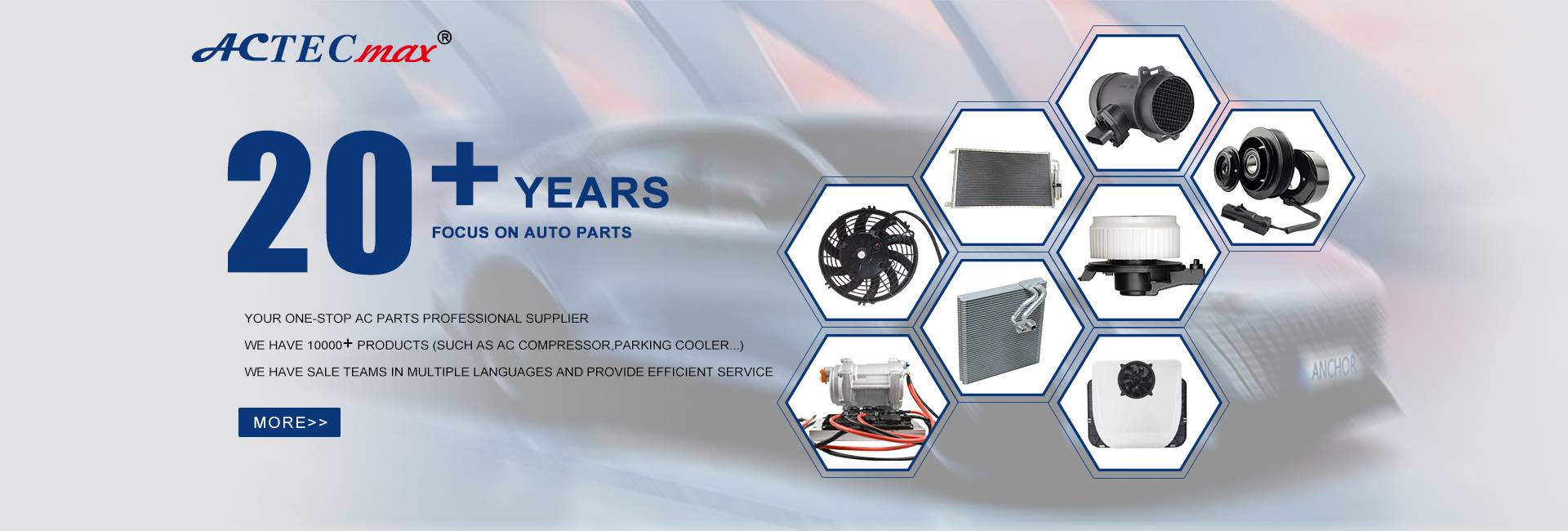BUS AIR CONDITIONING
For coach buses, the Carrier bus air conditioning systems from Anchor Group set the standard for excellence. Renowned for their reliability and efficiency, our Carrier systems provide a superior level of comfort for passengers during their journeys. Trust in Anchor Group to elevate your bus’s air conditioning to new heights.
From the bustling city streets to the open highways, the efficiency of bus air conditioners is paramount for a comfortable and enjoyable journey. Let’s embark on a detailed exploration of the intricate world of bus air conditioning.
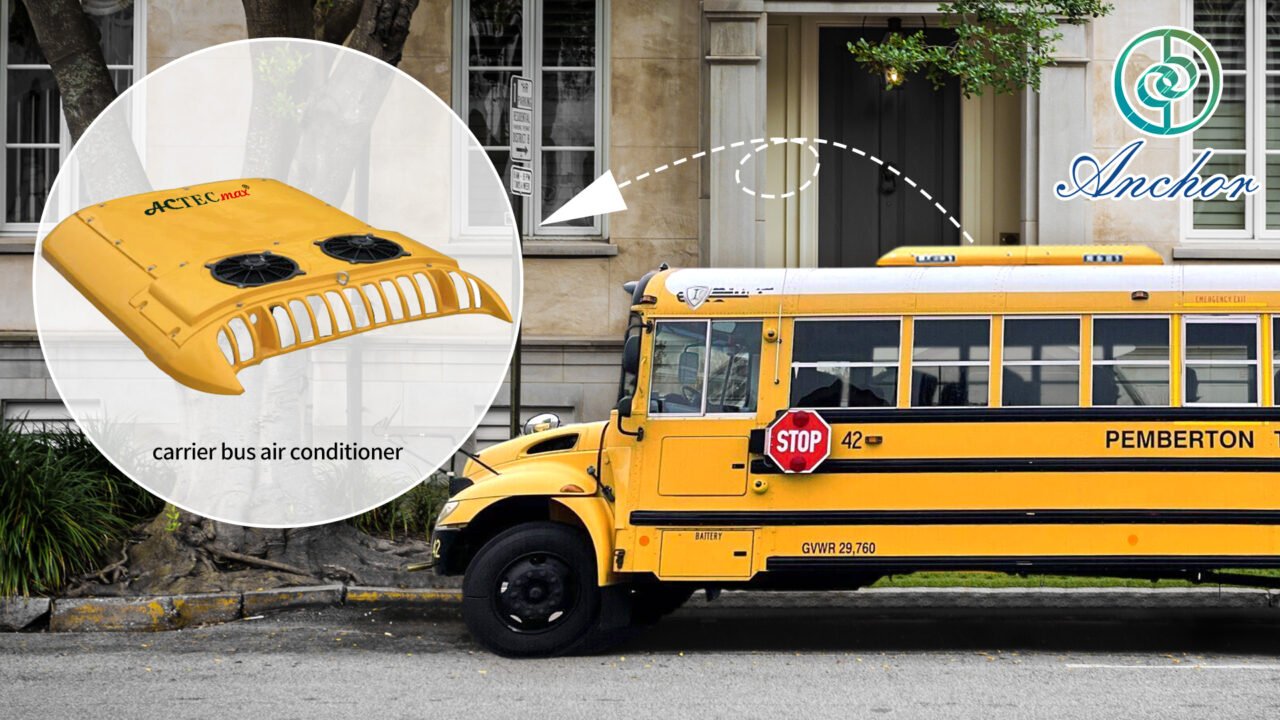
Introduction
In the realm of transportation, the role of bus air conditioners extends beyond providing a cool breeze. It’s a crucial component that directly impacts the comfort and well-being of passengers. In this comprehensive guide, we’ll delve into the evolution, functionality, maintenance, and future trends of bus air conditioning systems.
Evolution of Bus Air Conditioning
Historical Development
Bus air conditioning has come a long way since its inception. Initially, rudimentary systems provided basic cooling, but over time, technological advancements have transformed these systems into sophisticated, efficient cooling solutions. Understanding this evolution provides insights into the current state of bus air conditioners.
Technological Advancements in Cooling Systems
Modern bus air conditioning systems incorporate cutting-edge technologies. From improved compressor designs to advanced refrigerants, these innovations contribute to enhanced performance, energy efficiency, and passenger comfort. Exploring these advancements offers a glimpse into the intricate engineering behind bus air conditioners.
Key Components
Compressor and Its Role
At the heart of every bus air condition system is the compressor. This crucial component is responsible for pressurizing and circulating the refrigerant, playing a pivotal role in the overall cooling process. A detailed examination of the compressor’s functions sheds light on its significance in the system.
Condenser Functionality
The condenser is another essential component that facilitates the release of heat absorbed by the refrigerant. Understanding how the condenser operates provides valuable insights into the mechanics of heat exchange within the bus air conditioning system.
Understanding the Evaporator
The evaporator is where the magic happens. As the refrigerant evaporates, it absorbs heat from the surrounding air, creating the refreshing cool breeze that passengers experience inside the bus. Exploring the intricacies of the evaporator adds depth to our comprehension of bus air conditioning.
Types of Bus Air Conditioners
Rooftop AC Units
Rooftop AC units are a common sight on buses, offering a compact and effective solution for cooling. Exploring the features and installation process of these units provides valuable information for both bus operators and passengers.
Integrated Bus HVAC Systems
Integrated HVAC systems go beyond simple cooling, offering comprehensive heating, ventilation, and air conditioning functionalities. Understanding the integration process and the benefits these systems bring to the table provides a holistic view of bus HVAC technology.
Installation Process
Rooftop AC Installation Steps
Installing a rooftop AC unit involves a series of meticulous steps. From choosing the right location to connecting the refrigerant lines, a step-by-step guide ensures a smooth installation process for optimal performance.
Integrated HVAC Installation Guide
Integrated HVAC systems require a more intricate installation process. From ductwork to control panel setup, each step contributes to the seamless integration of heating, ventilation, and air conditioning components. Exploring this guide offers valuable insights for professionals in the field.
Maintenance Tips
Cleaning and Filter Replacement
Proper maintenance is key to the longevity and efficiency of bus air conditioning systems. Regular cleaning and timely filter replacements contribute to improved air quality and prevent potential issues. A detailed look at maintenance routines helps bus operators keep their systems in top-notch condition.
Professional Inspection Benefits
While basic maintenance can be handled by bus operators, periodic professional inspections are indispensable. Trained technicians can identify potential problems before they escalate, ensuring uninterrupted service and passenger satisfaction.
Common Issues and Troubleshooting
Inadequate Cooling
Inadequate cooling is a common issue that bus operators and passengers may encounter. Exploring the potential causes, from refrigerant issues to compressor malfunctions, provides a roadmap for troubleshooting and resolving these issues effectively.
Unusual Noises and Their Causes
Unusual noises emanating from the bus air conditioner can be disconcerting. This section explores the various sounds that may indicate underlying problems and offers insights into addressing them.
Addressing Refrigerant Leaks
Refrigerant leaks not only compromise cooling efficiency but also pose environmental hazards. Understanding the signs of refrigerant leaks and the necessary steps for repair and prevention is crucial for responsible bus air conditioner maintenance.
Energy Efficiency in Bus Air Conditioning
Importance of Energy-Efficient Systems
Energy efficiency is a growing concern in the transportation industry. Examining the importance of energy-efficient bus air condition systems sheds light on the benefits they bring, both environmentally and economically.
Advancements in Green Cooling Technologies
The future of bus air conditioning lies in green technologies. From eco-friendly refrigerants to solar-powered systems, exploring the latest advancements in sustainable cooling solutions showcases the industry’s commitment to environmental responsibility.
Carrier Bus Air Conditioner
Features and Advantages
Carrier stands out as a leading provider of bus air conditioner solutions. Highlighting the features and advantages of Carrier systems offers valuable information for those considering this reputable brand.
Why Choose Carrier for Buses?
Understanding the factors that make Carrier a preferred choice in the market provides bus operators with insights into the reliability and performance offered by Carrier bus air conditioning systems.
Aftermarket Options
Exploring Aftermarket Truck Air Conditioners
Aftermarket options provide an alternative for bus operators seeking cost-effective solutions. Exploring the range of aftermarket truck air conditioners and their pros and cons helps make informed decisions.
Pros and Cons of Aftermarket Solutions
While aftermarket solutions may offer cost advantages, they come with their own set of considerations. This section provides a balanced analysis of the pros and cons, empowering bus operators to make informed choices.
Tailored Solutions for Different Vehicles
Passenger Cars
Bus air conditioning requirements differ across vehicle types. Tailoring solutions for passenger cars involves understanding the specific needs and challenges associated with these smaller vehicles.
Coach Buses
Coach buses, often used for long-distance travel, demand robust air conditioning. Exploring the unique challenges and solutions for coach buses ensures passenger comfort on extended journeys.
Heavy-Duty Trucks
Heavy-duty trucks face extreme conditions, requiring durable air conditioning systems. This section delves into the considerations for choosing the right AC system for heavy-duty trucks.
Challenges in Extreme Conditions
Coping with High Temperatures
Buses operating in hot climates face unique challenges. Exploring strategies for coping with high temperatures ensures that bus air conditioning systems perform optimally in adverse conditions.
Cold Weather Considerations
Cold weather brings its own set of challenges. From preventing system freeze-ups to maintaining passenger comfort, addressing cold weather considerations is vital for comprehensive bus air conditioning management.
Regulations and Compliance
Industry Standards for Bus Air Conditioner
Compliance with industry standards is non-negotiable. Understanding the regulations governing bus air conditioning ensures that operators adhere to safety and performance standards.
Environmental Regulations
Environmental responsibility extends to bus air conditioning systems. This section explores the environmental regulations that impact the design, use, and disposal of bus AC systems.
Future Trends in Bus Air Conditioner
Integration with Smart Technologies
The future of bus air conditioning is intertwined with smart technologies. From automated temperature control to connectivity features, exploring these trends provides a glimpse into the next generation of bus AC systems.
Sustainable Cooling Solutions
Sustainability is a key focus in the transportation industry. Investigating the development of sustainable cooling solutions showcases the industry’s commitment to reducing its environmental impact.
Cost Considerations
Initial Investment vs. Long-Term Benefits
Bus operators often grapple with the balance between upfront costs and long-term benefits. This section provides insights into the cost considerations associated with different types of bus air conditioner systems.
Comparative Analysis of Brands
Choosing the right brand is a critical decision for bus operators. A comparative analysis of leading brands assists in making informed choices based on factors like reliability, performance, and customer satisfaction.
Customer Reviews and Satisfaction
Analyzing User Experiences
Real-world experiences offer valuable insights into the performance and reliability of bus air conditioning systems. Analyzing customer reviews provides a nuanced perspective on different brands and models.
Tips for Choosing the Right Bus Air Conditioner
Summarizing the key considerations, this section provides actionable tips for bus operators looking to invest in a new air conditioning system, ensuring they make informed and satisfactory choices.
Case Studies
Successful Implementation Stories
Case studies highlight successful implementations of bus air conditioning systems. Examining these real-world examples provides practical insights into the challenges faced and overcome by operators.
Lessons Learned from Failures
Learning from failures is equally important. Case studies of unsuccessful implementations offer valuable lessons, helping bus operators avoid common pitfalls in the procurement and maintenance of bus air conditioning systems.
Safety Measures
Fire Prevention in AC Systems
Safety is paramount in bus air conditioning. This section explores fire prevention measures to mitigate the risk of AC-related fires, ensuring the well-being of passengers and the vehicle.
Emergency Protocols for Malfunctions
In the event of malfunctions, having clear emergency protocols is essential. This section outlines recommended procedures for bus operators to follow in case of air conditioning system failures.
Global Impact of Bus Air Conditioning
Transportation Trends Worldwide
The impact of bus air conditioning extends beyond individual journeys. Exploring global transportation trends provides a broader perspective on the role of AC systems in shaping the future of public transportation.
Cultural Variances in Cooling Preferences
Cultural differences influence cooling preferences. Understanding these variances ensures that bus operators cater to the diverse needs and expectations of passengers from different cultural backgrounds.
Conclusion
Summarizing the Importance of Bus Air Conditioning
In conclusion, bus air conditioning is not just about providing a cool environment; it’s about enhancing the overall travel experience. A reliable and efficient AC system contributes to passenger satisfaction, safety, and the success of bus operators.
Looking Ahead to Advancements
As technology continues to evolve, so will bus air conditioning systems. Keeping an eye on future advancements ensures that bus operators stay at the forefront of innovation, providing passengers with the best possible travel experience.
Our Advantages for refrigeration units:
1. We are the suppliers of truck refrigeration units.
2. Thress types of refrigeration units for your choice.
Direct-drive refrigeration units, diesel refrigeration units, and multi-temperature units
3. Our refrigeration units suitable for a wide range of vehicle models, for example, small and medium-size reefer van, truck and cargo truck.
4. safety device for refrigeration units.
5. Truck and van refrigeration units installation are easy
6. High efficiency, large air volume, fast cooling
7.Safety and environmental protection.
China truck and van refrigeration units for sale, contact us for more information.
https://onestopacparts.com/products-item/bus-air-conditioning-system/
Showing all 10 resultsSorted by latest
-
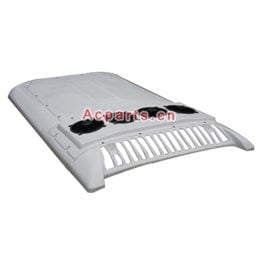
Cheap price 9.5-10 meters 9.0-9.5 meters bus roof air conditioner
Contact US -
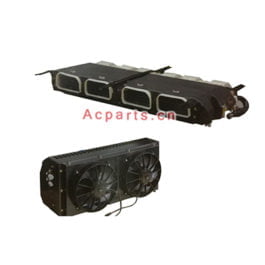
Rooftop Mount 6-7 meters pure Electric Bus Air Conditioning System
Contact US -
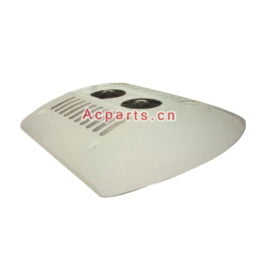
Rooftop Mount 6-7 meters Pure Electric bus air conditioner
Contact US -
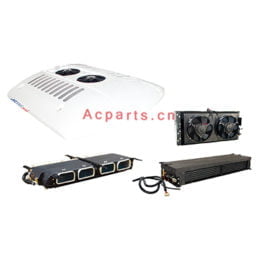
Rooftop mounted ac units for 6-7 m series highway buses
Contact US -
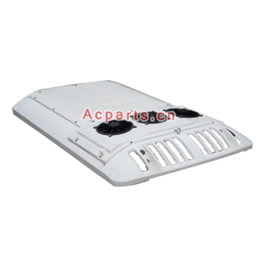
7.5-7.8 m 7.2-7.4 m rooftop mount passenger bus air conditioner
Contact US -
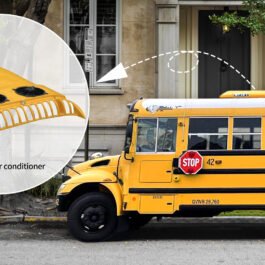
Carrier school bus ac units air conditioning for sale 6.6-7.5 meters bus
Contact US -
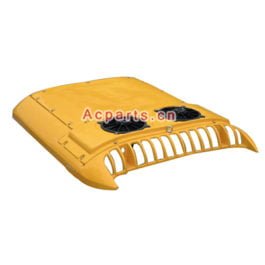
5-6.6 meter standard school bus air conditioning
Contact US -
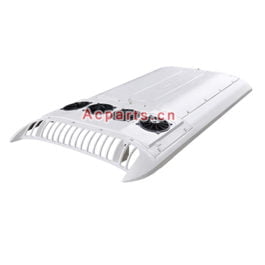
Bus rooftop air conditioner for 10-11 meter road passenger car
Contact US -
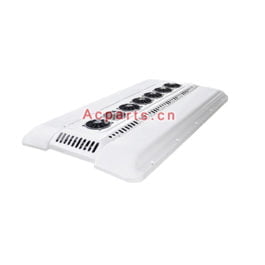
Rooftop ac unit for 13-14 m road bus R134a
Contact US -
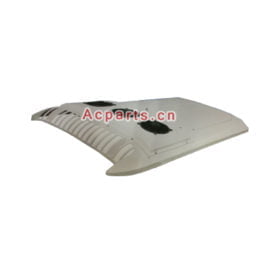
Carrier bus air conditioning rooftop mounted for sale 8.2m – 9m road bus
Contact US

